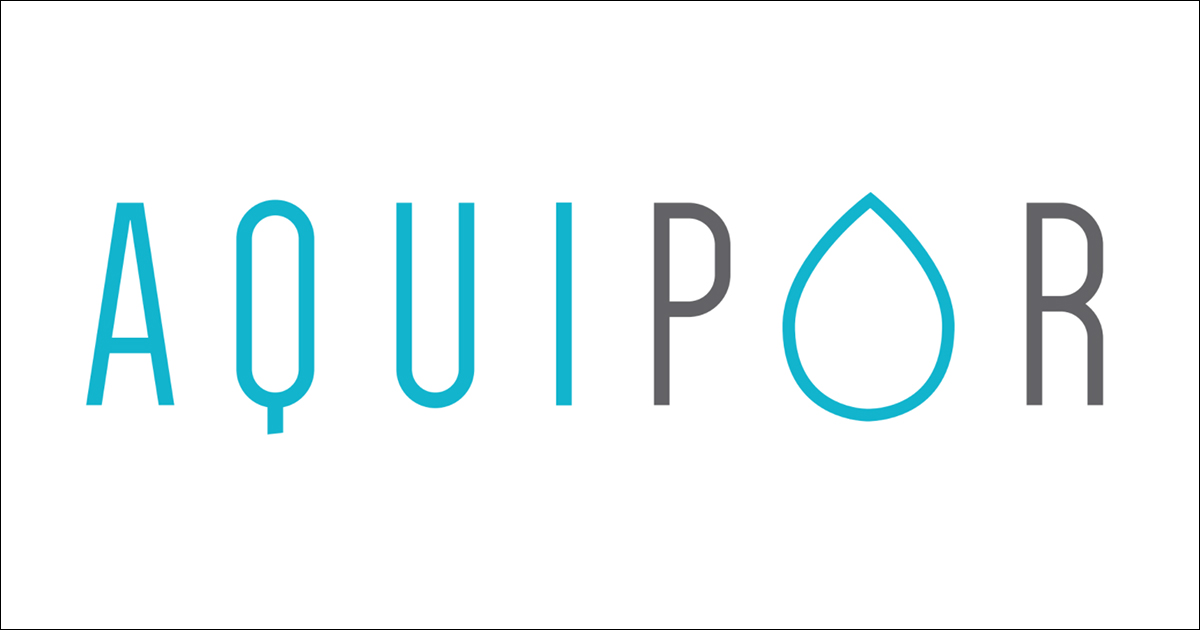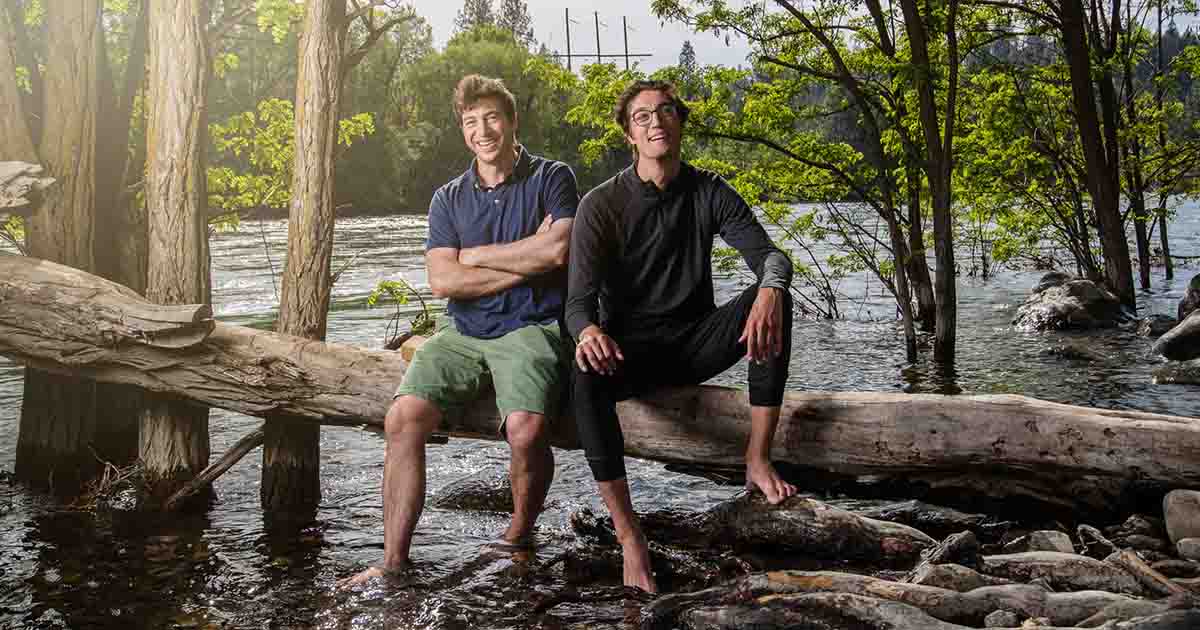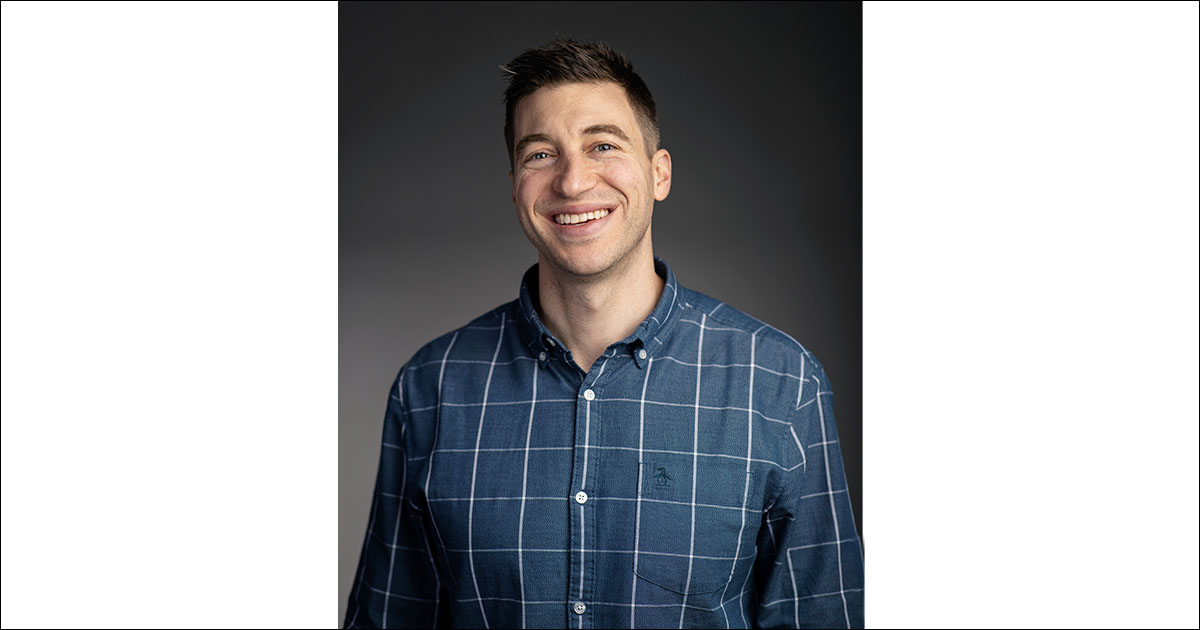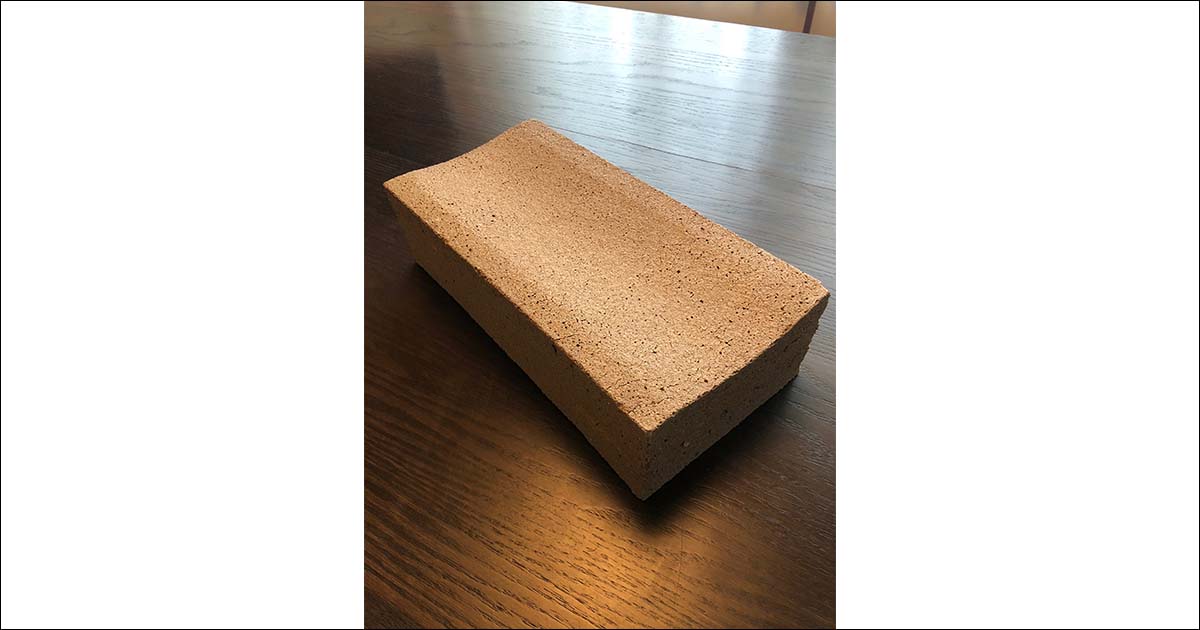AquiPor Technologies Profile

Last Updated: By TRUiC Team
AquiPor Technologies is an eco-friendly startup working to fight water pollution with innovative, permeable surface technology that filters water runoff, reduces flooding, and promotes thriving water ecosystems.
Interview With Greg Johnson
Describe your product or service:
“AquiPor is developing a permeable surface technology that is strong, highly permeable, and capable of filtering dirt and debris on the surface. The material can replace traditional concrete or asphalt to help cities and property owners manage stormwater runoff pollution on the spot and help mitigate urban flooding.”
Describe your company values and mission:
“We are on a mission to help solve the climate crisis by bringing our inherently green stormwater infrastructure solutions to communities everywhere. We value big thinking, grit, persistence, empowerment, and relentless innovation.”
How are you funded? I.e. venture capital, angel investors, etc.
“Angel and crowd.”
How big is your team? Tell us a little about them (I.e. co-founders, freelancers, etc.)
“Our team consists of myself, my co-founders Kevin and Matt, and a group of amazing advisors and contractors. Kevin and I have experience in earlier startups where we learned a ton about the stormwater and construction material markets. Matt is our inventor, engineer, and chief technologist. He also has experience with early-stage companies and was part of a very successful IPO before we met him. Our advisors and contractors represent industry leadership spanning the construction, building materials, engineering (civil and stormwater), and financial industries.”
Did you always want to start your own business? What made you want to become an entrepreneur?
“I've always had the entrepreneurial itch from as far back as childhood. But I grew up and kind of did what you were supposed to do. Go to college, get a degree, and find a solid job. I wasn't cut out for the nine to five, though. The big turning point for me came in 2009 after the great recession & housing crisis hit. I remember seeing some of my older colleagues and people close to me have their retirement savings decimated, and it just became clear to me that you can work your whole life for somebody else and be guaranteed nothing. I knew then that I needed to take control of my own destiny.”
How did you come up with your startup idea? How did you decide to actually act on the idea? What gave you confidence that you were on the right track?
“I spent some time in real estate early in my working career and saw the frustration developers had with stormwater management requirements. At the same time, my co-founder was in college and caught wind of a unique, water-pervious paving tile being made in China. We always shared entrepreneurial ideas, and when he told me about this product, I was intrigued. I knew there was a market here. He had the factory send a sample, and we literally took the sample door-to-door to landscape architects and engineers to get their feedback. The feedback was good enough that we started our first company and began importing the product and trying to market and sell it. Now, that business was a bad business to be in. We were importing a heavy material from halfway across the world to compete with existing solutions, we were trying to sell the product at a premium, and the business was wrought with quality control and supply chain issues. But even through all of this, we kept getting the product specified for projects. We shut that business down because of the quality issues with the product. But we knew there was a huge market for a better type of permeable surface technology. In 2016, we met our technologist and began developing what is today our technology.”
How did you come up with your company name? Did you have other names you considered?
“It's a play on aquifers. Aquifers are permeable with unique porosity, much like our material — thus the name AquiPor.”
Feeling inspired? Learn how to launch your company with our guide on how to start a startup.
What is the greatest challenge you faced in starting your business, and how did you overcome it?
“Early-stage companies usually have financial constraints at the beginning, and that was the case for us. It's challenging to build a company when you're underfunded and especially when you're developing material technologies for the physical world. We are addressing infrastructure and heavy civil construction, so the way we've had to develop and raise capital has been very methodical and strategic. It's not like building a software app where you can build a minimum viable product, get to market quickly and show some revenue, raise a bunch of VC money, and then grow the top line at all costs to show "growth." This requires a different approach. Paradoxically, those early constraints made us do more with less. We had to obviously be thrifty with the capital we did have, and it challenged us to rapidly iterate through development cycles and constantly innovate.”
Who is your product or service made for? Who is your target market?
“Our product(s) are being developed for municipalities, property owners, and large property developers.”
What's your marketing strategy?
“We are currently constructing a neighborhood-scale mock-up project to demonstrate our technology on a large scale. We'll conduct professional engineering and economic feasibility studies to show the effectiveness of our solution. And we will use that to market to our core customers.”
What are the key customer metrics / unit economics / KPIs you pay attention to to monitor the health of your business?
“We are developing our business model to be an engineering, procurement, construction management model that negotiates large cost-plus contracts with developers, HOAs, and cities. Once we go to market, I'd imagine our KPIs will revolve around [the] number of new contracts signed per period and dollar value for new contracts signed per period.”
What's your favorite entrepreneurial book and podcast?
“I still love ‘Zero to One’ by Peter Thiel. And the pod I've been into lately is Mike Maples' ‘Starting Greatness.’”
What is the biggest lesson you learned during your journey?
“It's a long journey, so enjoy it. We work so hard for a certain outcome, but enjoy the steps getting there. Celebrate the wins (no matter how small), and take stock of the losses to learn from them.”
Who is your support system?
“My wife and my three young daughters. No matter how good or how bad my day goes in the startup, they couldn't care less … they just want my attention when I'm home, and that is incredibly grounding.”
How do you stay motivated?
“I keep my focus on the big picture to stay motivated. We are trying to do something that will have major implications relating to climate change and environmental sustainability. That's a big deal to us and not something we take lightly. We have the chance to make a huge impact. That's motivating.”
Did you have to develop any habits that helped lead you to success? If so, what are they?
“I'd say my morning routine has helped me personally. I try to get up early and spend time thinking and just being still. And exercising — if I can do those two things each morning, my days are usually better.”
What are you most proud of as an entrepreneur?
“I'm most proud of just getting our company to this point. We started out with nothing but an idea and turned it into a prototype. We're now into manufacturing and looking at some large potential projects. The valuation of our company is reflecting a trajectory that is very exciting, and for all of these things, I'm proud. But more so, grateful.”
Recommended:
- Keep up with more startup companies by visiting our list of the top startups to watch.
- Hear startup stories from real founders on the Startup Savants podcast.
- Form your own startup by reading our review of the best online incorporation services.
Tell Us Your Startup Story
Are you a startup founder and want to share your entrepreneurial journey with our readers? Click below to contact us today!
More on AquiPor

Sustainable Water Solutions for Greener Cities
The founder of AquiPor, Greg Johnson, is working toward an eco-friendly alternative to traditional concrete using greentech capabilities.

Insights From the Founder of Greentech Startup AquiPor
We were fortunate enough to hear some valuable insights during our interview with Greg Johnson of AquiPor Technologies that will inspire, motivate, and teach aspiring and established entrepreneurs alike.

3 Ways to Support Greentech Startup AquiPor
We have developed this list of three creative and impactful ways to support sustainable startup AquiPor.


